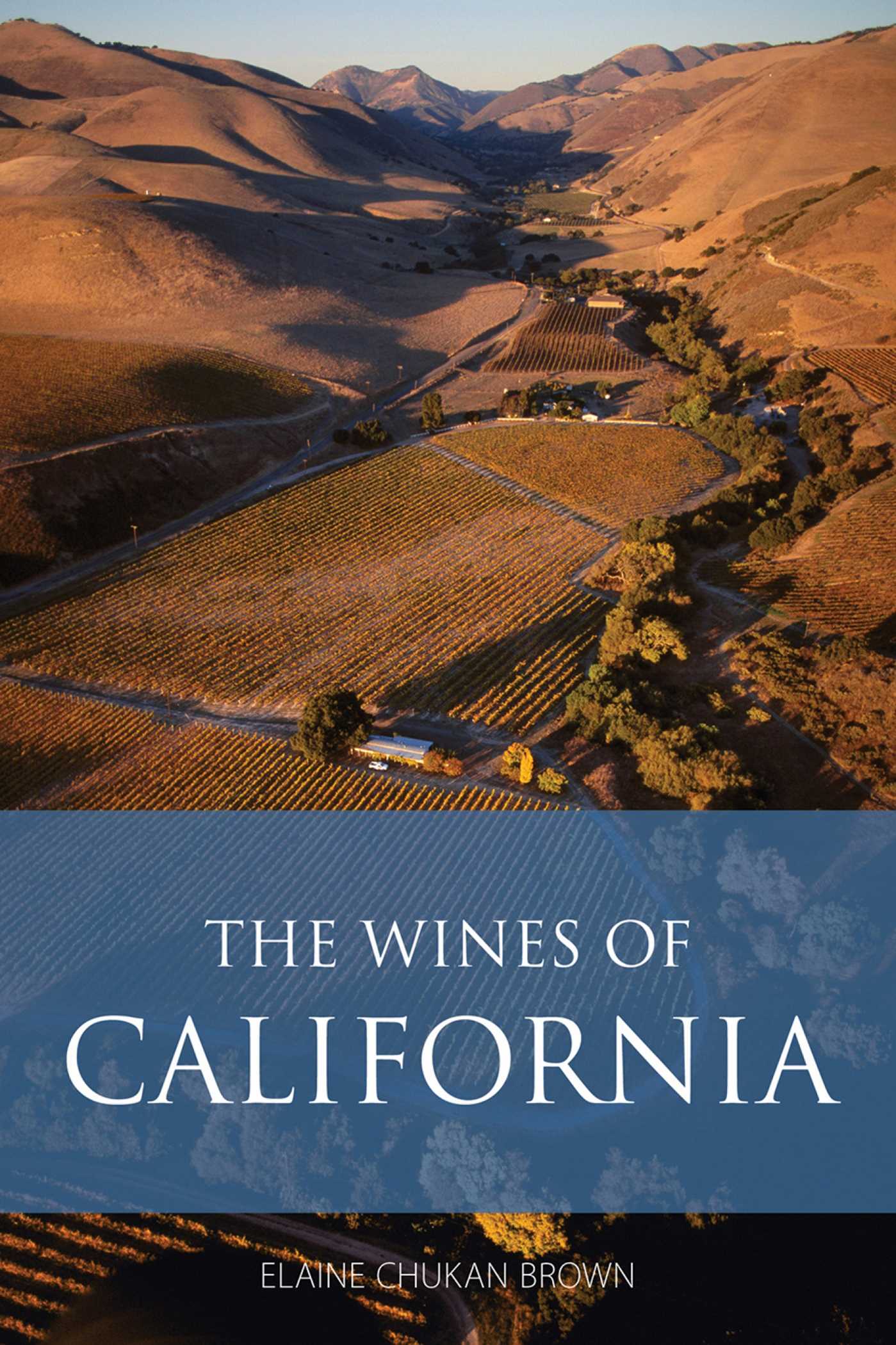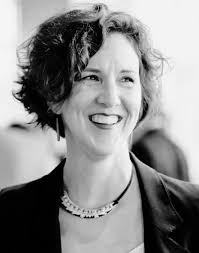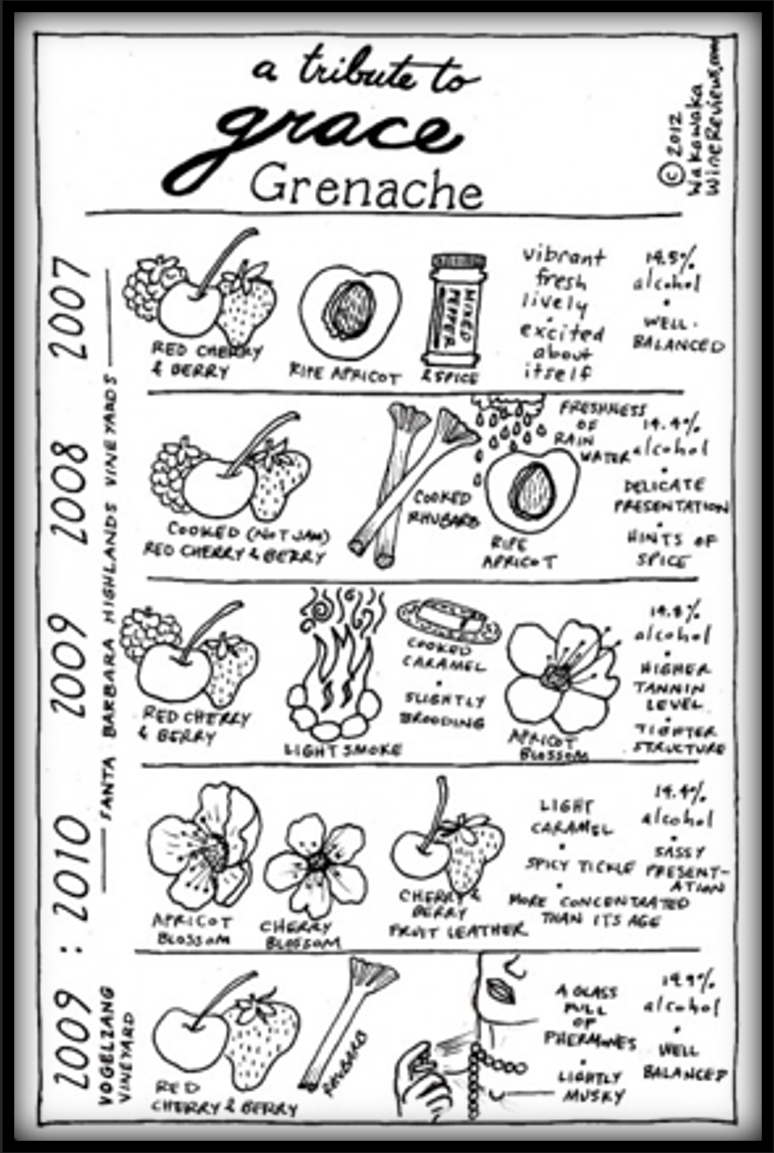HOURS: TUESDAY-THURSDAY 12-6PM // FRIDAY & SATURDAY 12-8PM // SUNDAY 12-5PM // CLOSED MONDAYS
Review of My Latest Oenophile Reading: From Sea to Soil...Proof that all roads lead to wine
Review of My Latest Oenophile Reading
From Sea to Soil...
Proof that all roads lead to wine
 .
. 
The Wines of California
Elaine Chukan Brown
Académie du Vin Library
ISBN 978-1-913141-87-5
As you can imagine, much of my free time is devoted to reading about the world of wine and gastronomy. So, I was eagerly awaiting the release of the latest book on California wine by Elaine Chukan Brown. Before speaking about it publicly, I took the time to read it twice, annotating it with comments, reflections, questions, and topics I want to explore further. I should mention up front that I do not sell this book in the shop (although I probably should!), and that the purpose of this blog post is to inspire you to broaden your curiosity about new wine publications.
If you approach this book without knowing who Elaine Chukan Brown is, you may find the reading both academic, like an essay on California’s wine history, and distinctly activist in tone. The book includes an exhaustive list of Californian AVAs, with special attention paid to Indigenous tribes for whom these geographic denominations represent ancestral lands. It also delves into the history of vineyard workers, their rights, and the broader social context. Brown adopts a clearly partisan stance in promoting and recognizing winegrowers and vintners who advocate for eco-responsible viticulture, while deliberately excluding those who do not.
The technical sheets for the various AVAs in each major Californian region do not include detailed descriptions of soils, altitude, or climate which are, by definition, the core identity of an AVA (what we call the sense of place). To access that information, you need to dive into the chapters dedicated to each AVA, which also present the region’s history, development, and key figures. As for the Epilogue (Part 3), it offers a concise, yet informative summary of several topics discussed throughout the book, such as the definition of an AVA, wine labeling regulations, labor rights, sustainability, and more.
To better understand the lens through which this book was written, here is a brief portrait of its author:
Elaine Chukan Brown is originally from Alaska. An Indigenous woman of Inupiaq and Unangan-Sugpiaq heritage, her youth was shaped by a life rooted in nature, land, culture, and curiosity. At the age of 13, she was already running her own fishing business. This experience built her skills, discipline, and entrepreneurial spirit, which led her to pursue higher education. At 23, she sold her business to fully commit to academia, earning prestigious fellowships including the Charles A. Eastman Fellowship at Dartmouth and the Tomlinson Fellowship at McGill, where she focused on philosophy, race, gender, and sexuality studies.
In 2012, Elaine pivoted her career toward the wine world. Her writings on wine reflect analytical rigor, clarity, and a deeply rooted ethical awareness. Her natural curiosity, discipline, and communication skills led her to launch her blog, Hawk Wakawaka Wine Reviews, where she pioneered illustrated tasting notes visual, expressive, and narrative sketches that were praised by none other than Kermit Lynch as “a new standard for wine reviews.” This unique path quickly led her to become the U.S. Executive Editor for JancisRobinson.com, Napa Valley specialist for Decanter and Wine & Spirits, and a key contributor to major references like The Oxford Companion to Wine (4th and 5th editions), The World Atlas of Wine (8th edition), as well as the volumes On California and On Burgundy.

She was named "Communicator of the Year" by IWSC and VinItaly in 2020, recognized by Wine Business Monthly as one of the top wine leaders in North America, and honored in 2021 as one of the "50 Most Influential Women in Wine & Spirits" by the Women in Wine and Spirits Awards (China). The Hue Society even created an award in her name: the Elaine Chukan Brown Award in Wine Education. In 2022, she was nominated for a James Beard Journalism Award.
Elaine is also an advisor to the Women in Wine and Spirits Awards (China), and co-founder of the Diversity in Wine Leadership Forum. She actively supports several global DEI initiatives, including Women in Wine and Spirits China, Heather Society, and Vinica.ca.
This impressive and inspiring résumé explains both the structure and the intent behind this fabulous reference book, which includes more than 90% of the winegrowers represented and sold at Bonde Fine Wine, chosen for the same political, ethical, and quality values championed by Elaine throughout the book.
Thank you and I truly hope future volumes will follow, exploring other American wine states.
Powered by Lightspeed
Display prices in:USD
